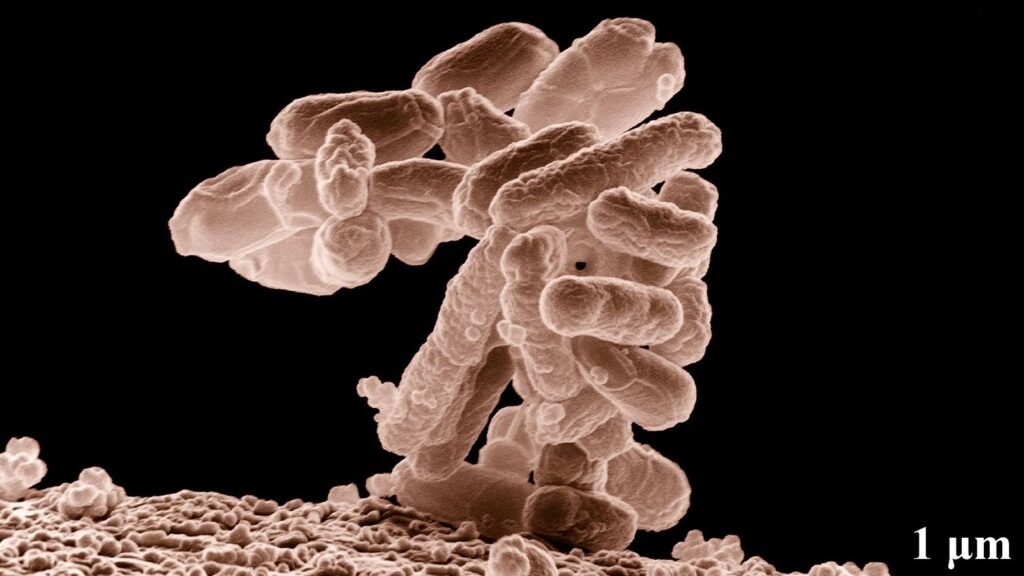Dr. Frances Arnold is a pioneering figure in the fields of enzyme engineering and green chemistry. Her groundbreaking work has significantly advanced our understanding of how enzymes can be engineered and utilized for sustainable industrial processes. Awarded the Nobel Prize in Chemistry in 2018, Arnold’s contributions have paved the way for innovative methods that not only revolutionize biotechnology but also promote environmentally sustainable practices.
The Path to Enzyme Engineering

Enzymes are vital biological catalysts that accelerate chemical reactions in living systems. Traditionally, the modification of enzymes for industrial applications was a complex and time-consuming process, limited by our understanding of their structures and functions. Dr. Frances Arnold revolutionized this field through her work on directed evolution—a technique she refined to tailor enzymes for specific tasks.
Directed Evolution: A Revolutionary Approach

Directed evolution mimics the natural selection process to evolve proteins or nucleic acids toward a user-defined goal. Arnold’s method involves introducing mutations into the enzyme’s gene, expressing these variations in a host organism, and then selecting variants that exhibit a desired trait, such as enhanced stability or activity in non-natural environments. Through iterative cycles, Arnold and her team have been able to produce enzymes with extraordinary capabilities.
Impact on Biotechnology and Industry

The impact of Arnold’s work is far-reaching, especially in biotechnology and various industrial sectors. By creating enzymes that can operate effectively under extreme conditions, her methods allow for more efficient and sustainable industrial processes, including the production of pharmaceuticals, biofuels, and specialty chemicals. Compared to traditional methods, enzyme-driven processes often occur at lower temperatures and pressures, require less energy, and generate fewer pollutants.
Green Chemistry and Environmental Benefits

Green chemistry is the design of chemical products and processes that reduce or eliminate the generation of hazardous substances. Dr. Arnold’s contributions align perfectly with these principles. Enzymes designed through directed evolution can replace harsh chemicals and reduce the reliance on unsustainable practices. For instance, in the biofuel industry, enzymes can break down biomass more efficiently, allowing for the production of renewable energy while minimizing environmental impact.
Case Study: Enzymatic Synthesis of Pharmaceuticals

One of the most notable applications of Arnold’s methods is the synthesis of chiral molecules for the pharmaceutical industry. Many drugs are chiral, meaning they have two possible enantiomers, or mirror images, with vastly different effects. Traditional synthesis methods can be inefficient, leading to extensive waste. Arnold’s engineered enzymes can selectively produce the desired enantiomer, thereby increasing efficiency and reducing waste in drug manufacturing.
The Future of Enzyme Engineering

As we move further into the 21st century, the methods pioneered by Dr. Arnold continue to open new avenues for research and application. As our understanding of genetics and protein structures deepens, the potential to create even more specialized and effective enzymes grows. Her work lays the foundation for ongoing innovation in synthetic biology, with endless possibilities for improving the sustainability of industries worldwide.
Conclusion

Dr. Frances Arnold’s breakthrough work in enzyme engineering and green chemistry has transformed how we approach biological catalysts and industrial processes. Her innovative use of directed evolution not only exemplifies the integration of biology with chemistry and engineering but also sets a precedent for sustainable practices in various industries. As society increasingly emphasizes environmental responsibility, Arnold’s contributions will remain crucial in shaping a cleaner, more sustainable future. Her work continues to inspire a new generation of scientists dedicated to using biotechnology to solve some of the world’s most pressing challenges.




